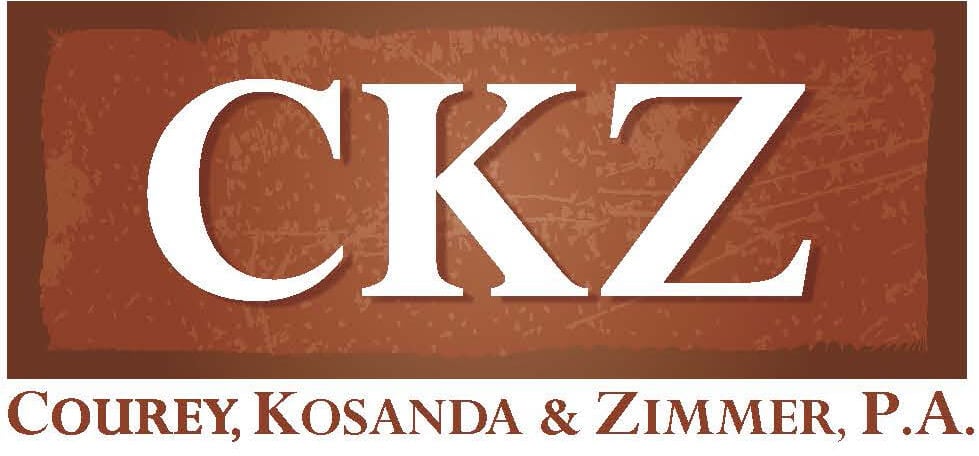Creating your first estate plan feels like a monumental task. Nevertheless, it is the ideal way to safeguard your assets and loved ones after you are gone.
Starting with the must-haves below can help you address your most pressing concerns and offer an opportunity to learn more about estate planning.
A living trust
The assets within a living trust do not generally need attention from the probate court, meaning they can pass more quickly to your heirs. Since the details of the trust are confidential, it also offers privacy. It serves as a blueprint for asset distribution.
A living will
This powerful document can be your staunchest advocate when you cannot voice your preferences. Outlining your wishes for emergency and end-of-life medical decisions can ensure your healthcare aligns with your values and beliefs.
A power of attorney (or 2)
Within this document, you grant a trusted person the authority to manage your financial affairs upon incapacitation. A separate power of attorney devoted to your healthcare empowers the same person or someone else to make medical decisions on your behalf based on your wishes.
A last will and testament
Of course, a final will is the foundation for your entire plan, dictating how you want your assets distributed among your heirs and addressing the care of any minor children.
Letter of intent
A letter of intent transcends the purely legal aspects of estate planning, serving as a means of sharing your hopes and dreams for your family. A personal letter can also offer insight into your wishes for specific bequests, estate instructions and even preferences for your final farewell.
Seek guidance about your circumstances, concerns and goals if this is your first estate planning experience. A thorough review can help you identify the documents you may need immediately and which ones to consider adding later.

